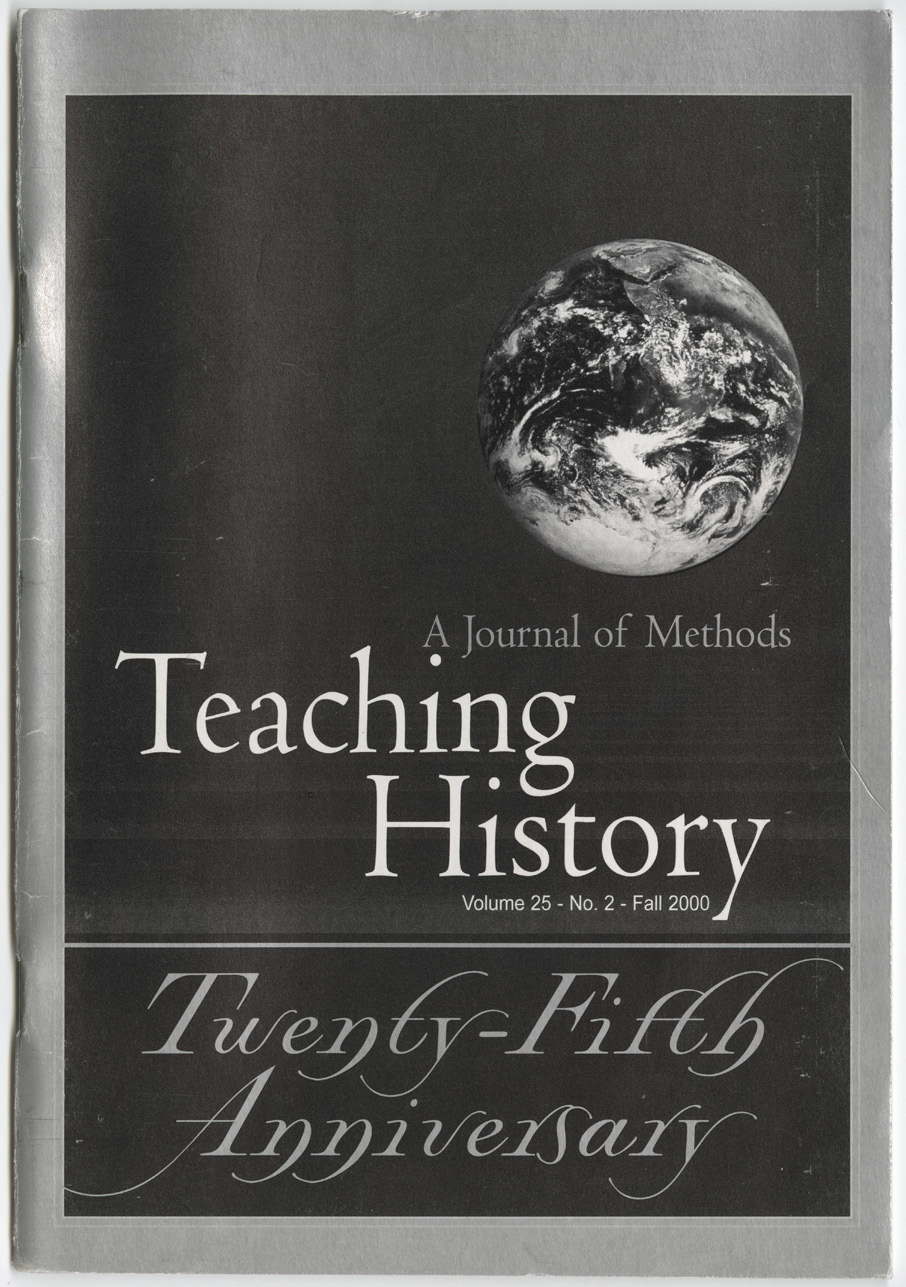The Trial Of Napolean
A Case Study For Using Mock Trials
DOI:
https://doi.org/10.33043/TH.25.2.59-68Abstract
During a recent semester, in an effort to promote active learning in the classroom and get students involved in history, I structured a class around a fictitious trial of Napoleon I, Emperor of France. I wanted the students to share my enthusiasm for the French Revolutionary period and I hoped the structure of the course would encourage students to engage in meaningful research and critical analysis and to foster a sense of student camaraderie. I also hoped that the competitive aspects of the mock trial would motivate students to work harder than they might in a more traditional classroom setting. It was my first experience with such a format and I had some concerns with how I would handle course organization, format, grading, performance, and anticipated outcome. The course that resulted, "HIS 399: The Trial of Napoleon Bonaparte," was the most rewarding teaching experience of my academic career and, based on student responses, one of their best courses as well. I offer this essay as a case study of the course: The paper will outline some of the constraints and difficulties in implementing the course, explain some of the rationale for the choices I made, offer some observations on the strengths and weaknesses of the course, and make some suggestions for how I might change the same course in the future.
Downloads
Downloads
Published
How to Cite
Issue
Section
License
Copyright (c) 2000 Charles MacKay

This work is licensed under a Creative Commons Attribution-NonCommercial-NoDerivatives 4.0 International License.
By submitting to Teaching History, the author(s) agree to the terms of the Author Agreement. All authors retain copyrights associated with their article or review contributions. Beginning in 2019, all authors agree to make such contributions available under a Creative Commons Attribution-NonCommercial-NoDerivatives 4.0 International license upon publication.



